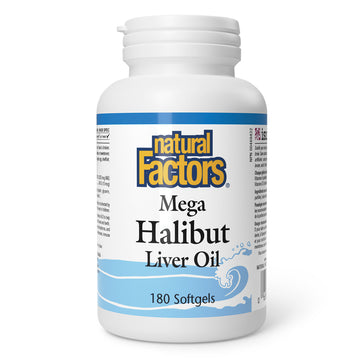Best vitamins & supplements for Football Players
(384)Football is a physically demanding sport that requires high levels of endurance, strength, and power. Proper nutrition and hydration are important for maintaining optimal performance and preventing injuries. In addition to a well-balanced diet that includes a variety of nutrient-rich foods, some vitamins and minerals may be beneficial for football players to consider including in their diet or taking as supplements.
Protein: Protein is important for building and repairing muscle tissue and may be higher in football players due to the high levels of physical activity. It is important for football players to consume a variety of protein-rich foods, such as lean meats, poultry, fish, beans, and dairy products, to help meet their protein needs.
Iron: Iron is an essential mineral that is important for carrying oxygen to the body's cells and may be lower in football players due to increased sweat loss and the breakdown of muscle tissue during physical activity. It is important for football players to consume iron-rich foods, such as lean meats, poultry, fish, beans, and fortified cereals, or consider taking an iron supplement.
Calcium: Calcium is important for maintaining strong bones and teeth and may be lower in football players due to increased sweat loss and the breakdown of muscle tissue during physical activity. It is important for football players to consume calcium-rich foods, such as dairy products, leafy greens, and nuts, or consider taking a calcium supplement.
Vitamin D: Vitamin D is important for bone health and immune function and may be lower in football players due to the lack of sunlight exposure during the winter months or during indoor training sessions. It is important for football players to consume vitamin D-rich foods, such as fatty fish and fortified foods, or consider taking a vitamin D supplement.
It's important to note that while supplements can be helpful in ensuring adequate nutrient intake, they are not a substitute for a well-balanced diet that includes a variety of nutrient-rich foods. If you have specific concerns about your nutrient intake while playing football, it's important to speak with a healthcare provider or a registered dietitian for personalized advice. They can help determine if a supplement is necessary and, if so, recommend the appropriate dose and duration of treatment.
Protein: Protein is important for building and repairing muscle tissue and may be higher in football players due to the high levels of physical activity. It is important for football players to consume a variety of protein-rich foods, such as lean meats, poultry, fish, beans, and dairy products, to help meet their protein needs.
Iron: Iron is an essential mineral that is important for carrying oxygen to the body's cells and may be lower in football players due to increased sweat loss and the breakdown of muscle tissue during physical activity. It is important for football players to consume iron-rich foods, such as lean meats, poultry, fish, beans, and fortified cereals, or consider taking an iron supplement.
Calcium: Calcium is important for maintaining strong bones and teeth and may be lower in football players due to increased sweat loss and the breakdown of muscle tissue during physical activity. It is important for football players to consume calcium-rich foods, such as dairy products, leafy greens, and nuts, or consider taking a calcium supplement.
Vitamin D: Vitamin D is important for bone health and immune function and may be lower in football players due to the lack of sunlight exposure during the winter months or during indoor training sessions. It is important for football players to consume vitamin D-rich foods, such as fatty fish and fortified foods, or consider taking a vitamin D supplement.
It's important to note that while supplements can be helpful in ensuring adequate nutrient intake, they are not a substitute for a well-balanced diet that includes a variety of nutrient-rich foods. If you have specific concerns about your nutrient intake while playing football, it's important to speak with a healthcare provider or a registered dietitian for personalized advice. They can help determine if a supplement is necessary and, if so, recommend the appropriate dose and duration of treatment.






























